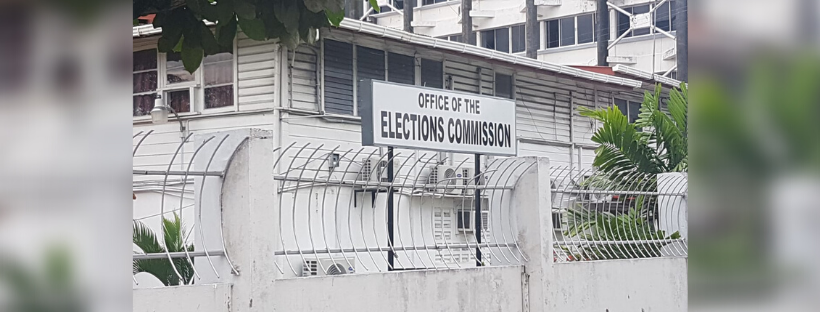Following the recent announcement by CGX Energy Inc. and its partner, Frontera Energy Corporation that a major discovery was made at the Kawa-1 well, Vice President, Dr. Bharrat Jagdeo said the time may soon come for Guyana to enter into another Production Sharing Agreement (PSA). In light of this, he said the pressure has now been amplified for the government to get its model PSA in order which would seek to correct many of the issues that plague the Stabroek Block PSA.
He said during a press conference earlier today, “There will be better terms when the time comes for the CGX PSA. The PSA will see better terms for Guyana as opposed to the one signed for the Stabroek Block. I don’t want to get into too many details about issues raised such as high royalty rate, and ring fencing, but those have to be looked at and the tax treatment too among a whole range of other issues.”
Dr. Jagdeo added, “There are about 10 or 11 areas we identified to look at and they have to do with the fiscal terms. And let me be nuanced too because I like to be clear for people to understand. We have a window within which we want to accelerate production to transform what is a buried asset, and might become stranded, into a financial asset and so we therefore have to take that into account.”
Be that as it may, he assured that the fiscal terms for the CGX and all other PSAs to follow will supersede the Stabroek Block PSA.
Over the years, Guyana’s Stabroek Block PSA has been heavily criticized for having several lopsided provisions as well as the absence of fundamental safeguards.
One of the key criticisms of the contract is that it lacks a ring fencing provision which prevents ExxonMobil from deducting costs for exploration and development against the profits from a producing field. In the absence of such a clause, the contractor gets to deduct from Liza Phase One Project, costs that are associated with other projects, thereby reducing the profit oil to be split with the State.
The contract also allows Exxon and its partners to recover interests on loans which is not in keeping with international best practice as it gives the companies an incentive to finance the project via debt instead of free cash flow.
Another disincentive is that the contract has no sliding scale royalty to cater for periods when production or oil prices increase at varying intervals.













